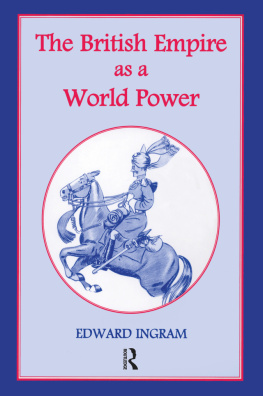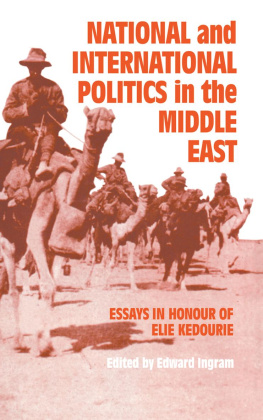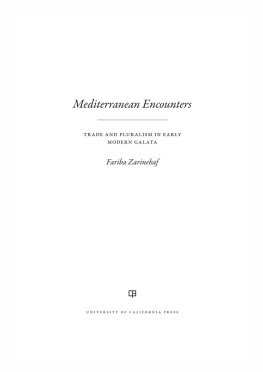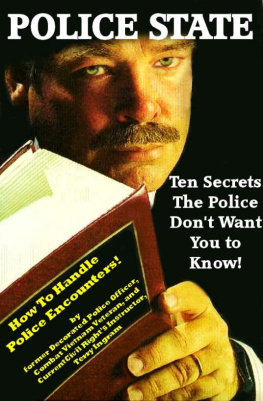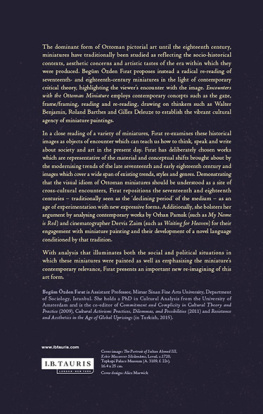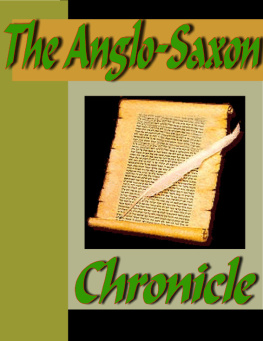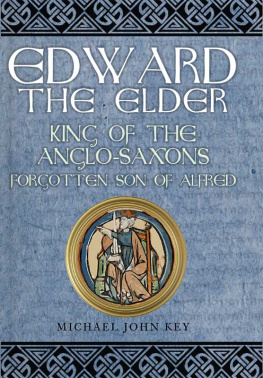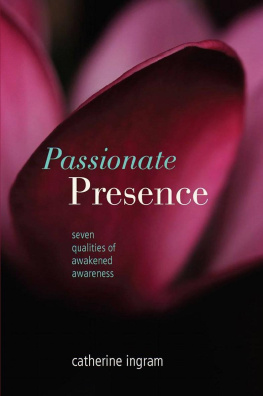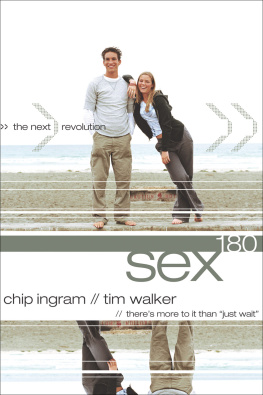ANGLO-OTTOMAN ENCOUNTERS IN THE AGE OF REVOLUTION
By the same author:
The Early Correspondence of Richard Wood, 18311841 Eastern Questions in the Nineteenth Century
Anglo-Ottoman Encounters in the Age of Revolution
COLLECTED ESSAYS
VOLUME ONE
by
ALLAN CUNNINGHAM
Late Professor of History at Simon Fraser University
edited by
EDWARD INGRAM
First published 1993 by
FRANK CASS & CO. LTD.
Published 2013 by Routledge
2 Park Square, Milton Park, Abingdon, Oxon OX14 4RN
711 Third Avenue, New York, NY, 10017, USA
Routledge is an imprint of the Taylor & Francis Group, an informa business
Copyright 1993 Edward Ingram
British Library Cataloguing in Publication Data
Cunningham, Allan
Anglo-Ottoman Encounters in the Age of Revolution: Collected Essays
I. Title II. Ingram, Edward
Library of Congress Cataloging-in-Publication Data
Cunningham, Allan, 19241988
Anglo-Ottoman encounters in the age of revolution: collected essays by Allan Cunningham;
edited by Edward Ingram.
p. cm.
Includes bibiographical references (p. ) and index.
1. Stratford de Redcliffe, Stratford Canning, Viscount, 17861880. 2. Great Britain-Foreign relations-19th century. 3. Turkey-History-Ottoman Empire, 12881918. 4. Great Britain-Foreign relations-Turkey.
I. Ingram, Edward. II. Title.
DA536.S89C86 1993
949.61015dc20
9217165
CIP
ISBN 13: 978-0-714-63494-4 (hbk)
All rights reserved. No part of this publication may be reproduced in any form or by any means, electronic, mechanical, photocopying, recording or otherwise, without the prior permission of the publisher.
Typeset by Vitaset, Paddock Wood, Kent
To
Jean Douglas Cunningham
CONTENTS
| Adm. | Public Record Office, Admiralty Records |
| Add. MSS | British Library, Additional Manuscripts |
| CO | Public Record Office, Colonial Office Records |
| Dropmore MSS | The Manuscripts of J.B. Fortescue, Esq., Preserved at Dropmore |
| FO | Public Record Office, Foreign Office Records |
| NLS | National Library of Scotland, Edinburgh |
| PRO | Public Record Office Manuscripts |
| SP | Public Record Office, State Papers, Foreign |
| SRO | Scottish Record Office, Edinburgh |
He is an Anglo-Saxon messenger and those are Anglo-Saxon attitudes.
Lewis Carroll, Through the Looking Glass, Chapter 7
Allan Black Cunningham, who died suddenly and unexpectedly in the New Year of 1988 at the age of 63, was the first dean of arts and founding head of the department of history at Simon Fraser University. Educated at Durham University and Bedford College, London, where he was supervised by the redoubtable Dame Lillian Penson, in 1950 he joined the department of history in the University of the West Indies. He returned to England in 1955, to Royal Holloway College, London, moving in 1961 to St Antonys College, Oxford, as a senior research fellow. While there he edited the early correspondence of Richard Wood, in later life British consul-general at Damascus, for the Royal Historical Society. From Oxford he came to Canada. He belonged to the Royal Geographical Society as well as the Royal Historical Society and, during his twenties, led two expeditions to the Andes.
Professor Cunningham became better known in the United States than in Canada and was highly respected there. He spent 1971 at the Adlai Stevenson Institute at the University of Chicago, writing a book on higher education in North America and, in 1979, was awarded a Guggenheim Fellowship. His work was interrupted by sickness, partly the result of the tuberculosis he caught four years after moving to Canada. His enthusiasm for history never flagged, however. He was a magnificent lecturer to first-year classes, with an uncanny ability to arouse interest among his students. He is greatly missed.
Having had a lifelong interest in the Middle East, Cunningham, when he died, had been working for 25 years on a biography of Stratford Canning, surely one of the most famous diplomats of the nineteenth century he has been accused of provoking the Crimean War and on studies of the other British ambassadors at Constantinople between the French Revolution and the First World War. His colleagues in the department, many of them hired by him in the universitys early years, therefore decided that the most suitable memorial would be the publication of as much of this unfinished work as possible. I undertook to see what could be done and the president of the university, William Saywell, and the dean of arts, Robert C. Brown, generously offered to underwrite the cost.
Professor Cunninghams voluminous notes, written in ever tinier handwriting in ever tinier notebooks, include hundreds of unfinished drafts of chapters of books not written. These studies attest to Cunninghams frustration and disappointment. Biographers should admire or hate their subjects, but should beware of irritation and boredom. Cunningham clearly lost interest in Stratford Canning. He worked on him too long and found him wilting under the prolonged scrutiny. Nor could Cunningham finally decide how to handle him. He turned out not to be interesting enough for a biography; or not the sort of biography Cunningham had in mind. A psycho-historian might have done more with him. And his career, as a career, was not important enough. Cunningham was not interested in the United States and Switzerland, to which Stratford was posted in the years after the end of the Napoleonic Wars. The affairs of the Ottoman Empire, on the other hand, which did interest Cunningham passionately, could not be refracted through the prism of Stratfords five terms as British ambassador at Constantinople because, during many crucial developments, he was not there. Robert Adair negotiated the treaty of the Dardanelles in 1809; Viscount Strangford helped to prevent the Greek revolt from causing a Russo-Ottoman war; and Viscount Ponsonby handled the Muhammad Ali crises.
Stratfords moment came in the 1840s and early 1850s, the years of the Tanzimat, which he saw as a movement to reform the Ottoman Empire on European lines, and of the events leading to the outbreak of the Crimean War. But even here Cunningham was disappointed by Stratford. Cunningham instinctively, and correctly, played down the role of European diplomatists in the Ottoman Empire and played up the role of the Ottomans, giving them the responsibility for their own triumphs and disasters. He attributed neither the treaty of Bucharest, nor defeat at the hands of Muhammad Ali, nor the outbreak of the Crimean War exclusively to European influence, whether beneficent or malign, and certainly not to British influence. Accordingly much of Cunninghams work was an attempt to pull Stratford off his pedestal as hero or ogre.
Cunninghams work on Stratford was incomplete (the chapter describing Stratfords activities during the Crimean War could not be found) and unresolved. The planned book was neither a biography nor the study of Stratfords career as British ambassador at Constantinople. Nor, in the end, did it seem feasible to publish extracts of the work as as group of separate studies. Two books did appear feasible, however. This is the first, a collection of essays on the British discovery of the Eastern Question and series of encounters with the Ottomans from the Ochakov crisis of 1791 to the battle of Navarino in 1827. The second book collects Cunninghams work on the Ottoman Empire from the first Muhammad Ali crisis of 1832 to the outbreak of the First World War.




